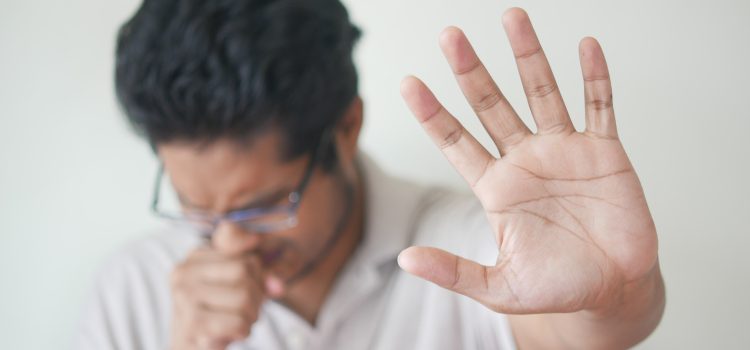
As the flowers start to bloom and the weather warms up, many of us are looking forward to enjoying springtime activities. But for those who suffer from allergies, this season can bring on a whole new set of challenges. That’s why we’ve turned to an experienced allergist for advice on how to breathe easy during pollen season. Whether you’re a long-time allergy sufferer or just starting to experience symptoms, these tips will help you enjoy all that spring has to offer without any pesky sniffles or sneezes holding you back!
What to do if you’re allergic to pollen
If you’re allergic to pollen, it’s important to know what to do if the pollen count gets high. Here are some tips from an experienced allergist:
Avoid outdoor activities if the pollen concentration is high. You may need to take medication for asthma or other respiratory problems if you can’t avoid outdoor exposure. Use a air filter in your home or car to reduce exposure. If that isn’t possible, use a mask when outside and stay inside as much as possible during peak flowering times. Wash your clothes and bedding at least once a week in case of exposure. Talk to your doctor about any additional precautions you should take.
The best way to deal with pollen season
If you’re one of those people who suffer from allergies, pollen season is definitely not enjoyable. At its worst, pollen can make your eyes water, your nose run, and your throat itch. However, there are ways to deal with pollen season that will make it a little bit easier.
First of all, be aware of when pollen counts are high in your area. Pollen counts usually peak in the late summer and early fall. If you’re experiencing a lot of symptoms due to pollen exposure, it’s important to take preventive measures during these times. This means taking precautions such as staying indoors as much as possible and using air conditioning or fans when necessary.
Secondly, keep an asthma inhaler on hand at all times if you experience severe allergic reactions to pollen. Asthma inhalers help relieve symptoms by relaxing the bronchial muscles and opening up the airways. If you don’t have access to an asthma inhaler or if you need it in a hurry, the best option may be an EpiPen® (epinephrine). EpiPens work quickly and can save lives in cases where anaphylaxis (a life-threatening allergic reaction) occurs.
Finally, speak with your allergist about any other treatments that may be helpful for you during this time of year. Your allergist may recommend medications like antihistamines or steroid nasal sprays. They may also recommend environmental modifications like wearing a mask while outside or using air filters in specific
How to reduce your risk of becoming allergic to pollen
If you’re allergy-prone, take these few precautions to reduce your risk of becoming allergic to pollen:
1. Keep an EpiPen on hand in case of an allergic reaction. An EpiPen is a life-saving medication that works by reversing the effects of an allergic reaction. Always carry it with you, even if you think you won’t need it.
2. Wear a mask when you go outside to avoid breathing in pollen grains. A mask filters out large particles and prevents them from entering your lungs.
3. Stay indoors on days when there’s a high concentration of pollen in the air. This will help to keep the amount of pollen in your environment low and minimize your chances of developing an allergy to it.
What to do if you have an allergy attack
If you’re experiencing an allergic reaction, the most important thing is to remain calm and take shallow breaths. Drink plenty of fluids and avoid eating anything that might cause your symptoms to worsen. If you experience anaphylactic shock, seek immediate medical attention.
Tips for avoiding pollen exposure
If you’re like most people, you know that pollen is a nuisance. But if you have asthma or other respiratory problems, pollen can be an even bigger issue. In fact, according to the Asthma and Allergy Foundation of America (AAFA), an estimated 25 percent of adults with asthma suffer from seasonal allergies, which are typically worse in the spring and summer.
To help avoid exposure to pollen, follow these tips from an experienced allergist:
1. Stay indoors as much as possible during pollen season. Pollen levels are highest outdoors in early morning and evening.
2. If you must go outside, take precautions against pollens entering your nose and mouth. Wearing a face mask and staying inside closed doors will help block out most allergens.
3. Avoid exercise during pollen season unless you are specifically directed to do so by your doctor. Exercise increases your body’s production of hormones that can increase your symptoms of allergies.
4. Drink plenty of fluids during pollen season to keep yourself hydrated and flush out any pollens that may be causing your symptoms..
5. Try prescription medications such as Advair or Singulair if over-the-counter medications don’t work well for you..










